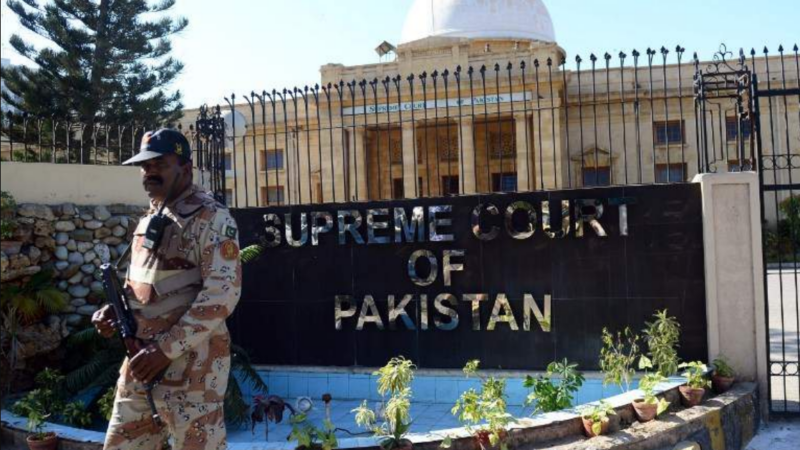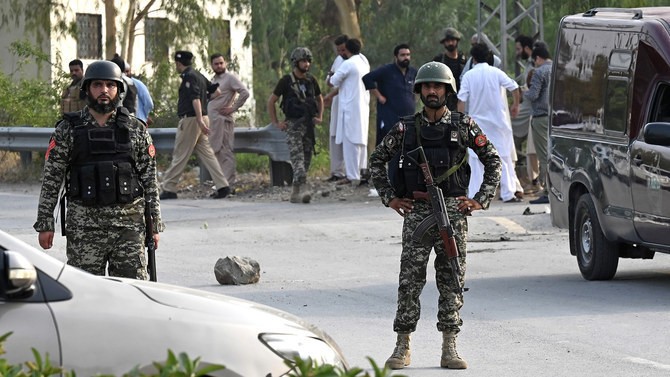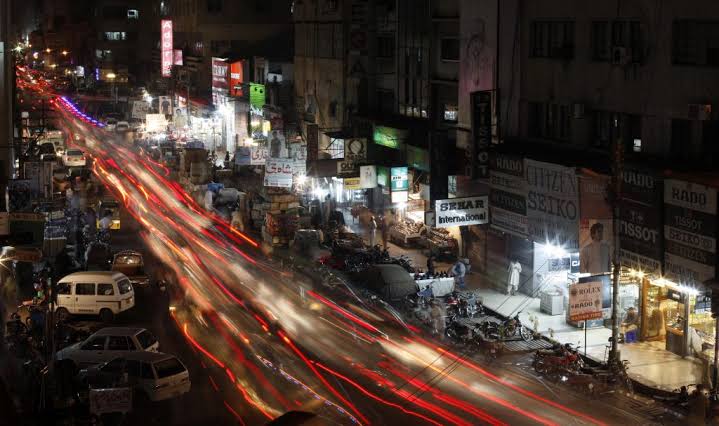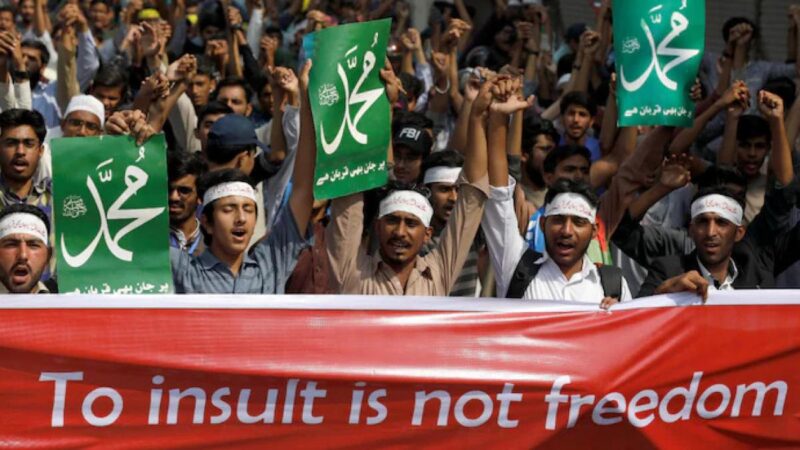Chinese and Pakistani pressure Afghan Taliban to step up efforts to combat extremist organizations
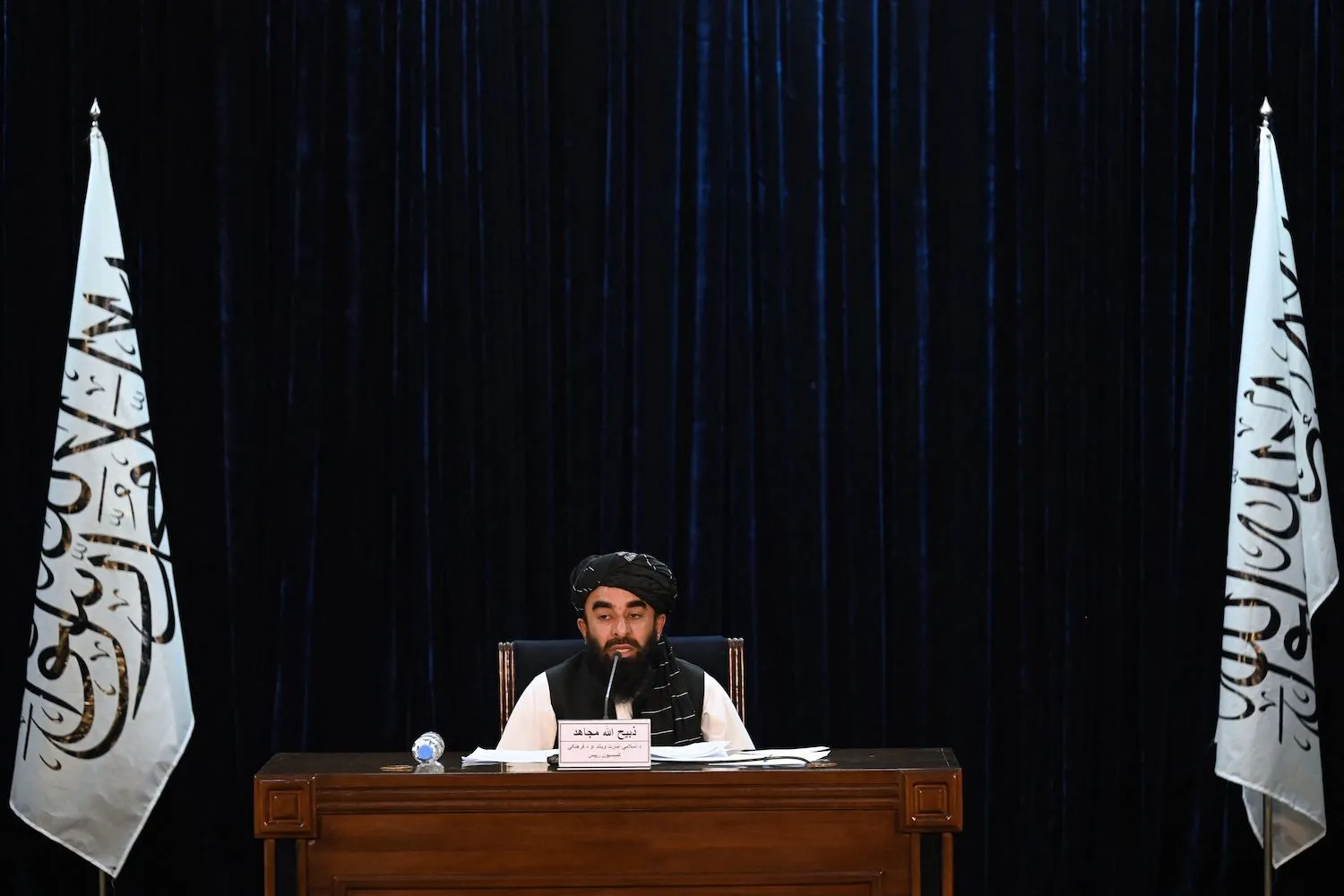
The militant group TPP, which Islamabad claims is based in Afghanistan, has been carrying out frequent terrorist assaults in Pakistan.
China claims that since the US troops left Afghanistan, terrorism has gotten “worse to worse” and has urged the Taliban government to follow through on its promise to suppress terrorist organizations that constitute a threat to the region, particularly Pakistan, one of its closest allies.
“The terrorism in Afghanistan got progressively worse. The number of terrorist organizations operating in Afghanistan has risen to over 20, according to Chinese Foreign Minister Qin Gang, who presided over a conference on the country’s neighbors on Thursday in Samarkand, Uzbekistan, with his counterparts from Russia, Pakistan, and Iran.
This is the fourth time China has called a gathering of foreign ministers, and its Xinjiang province, which has a majority of Uygur Muslims, borders Afghanistan.
Beijing is also attempting to strengthen its position in Afghanistan by supporting the Taliban’s interim government and pressuring it to repress the East Turkistan Islamic Movement (ETIM), a separatist militant group in Xinjiang that is said to have ties to terrorist organizations like Al Qaeda and the Islamic State.
But more importantly, Pakistan, which supported the Taliban for years, had to deal with the Tehreek-e-Taliban Pakistan (TTP), which terrorized the nation by carrying out a number of attacks.
In a joint statement released following the Samarkand conference, which Pakistan’s Minister of State for Foreign Affairs Hina Rabbani Khar also attended, it was said that the extremist groups operating out of Afghanistan constituted a severe threat to the neighboring nations.
The joint statement said that the ministers “emphasized their deep concerns regarding the security situation relating to terrorism in Afghanistan” and “pointed out that all terrorist groups, namely the Islamic State Khorasan Province (ISIS-KP), Al-Qaeda, the Eastern Turkistan Islamic Movement (ETIM), the Tehreek-e-Taliban Pakistan (TTP), the Balochistan Liberation Army (BLA), and Jaish al-Adl, etc. based in Afghanistan continue to pose
The statement read: “The Ministers took note of the Afghan interim government’s efforts to combat ISIS-KP and urged it to take more visible and observable measures in upholding its stated commitments on counterterrorism, dismantling and eliminating all types of terrorist groups, with a view to prevent the soil of Afghanistan from being used by any terrorist group.
After the sudden withdrawal of US troops in 2021, Pakistan, which had previously celebrated the Taliban’s rule over Afghanistan, found itself in an awkward situation when the Afghan militant group in charge of the interim government refused Islamabad’s repeated requests to take action against the TPP, whose terrorist attacks were aggravating Pakistan’s economic problems.
“Afghanistan is without a doubt where the majority of the militants’ power lies. The Taliban government fully supports the TTP, which operates on Afghan land. Baloch insurgents are also operating on Afghan and Iranian soil, according to Muhammad Amir Rana, a journalist for Pakistan’s Dawn newspaper.
“However, the Taliban administration consistently refutes the allegation that Pakistan is being attacked from Afghan land. However, the majority of government and independent evaluations suggest otherwise,” he stated.
The Samarkand summit urged the Afghan government to support inclusive governance and defend the fundamental rights and interests of all Afghans, especially women, children, and members of ethnic minorities.

